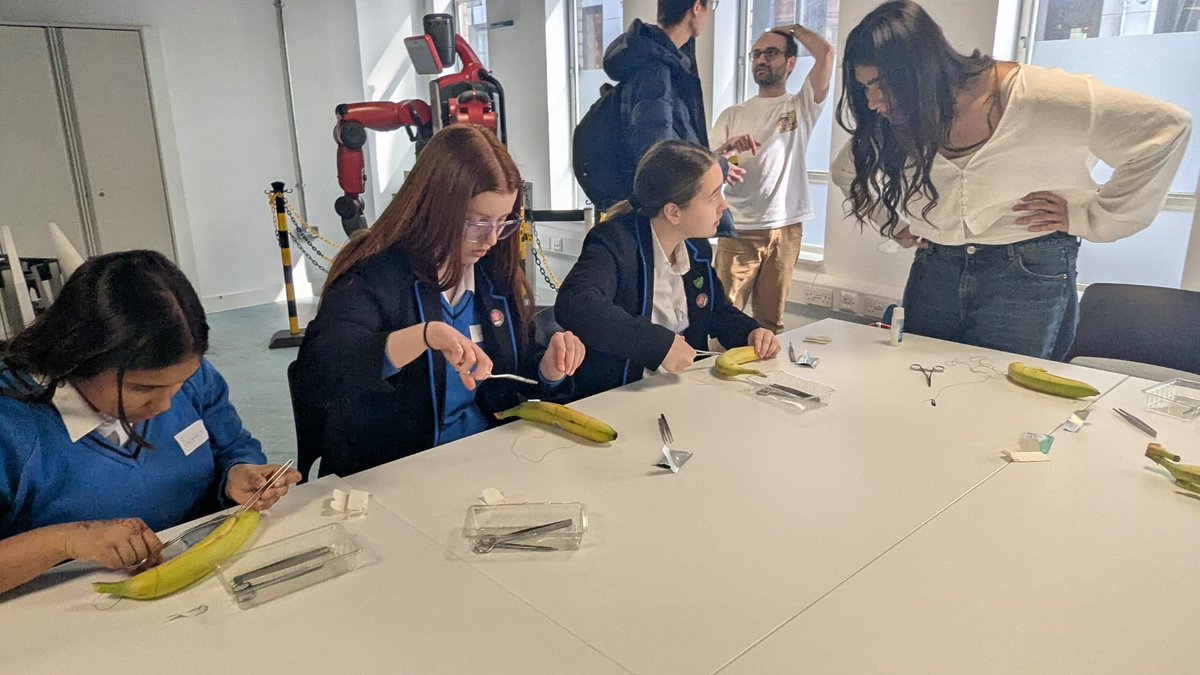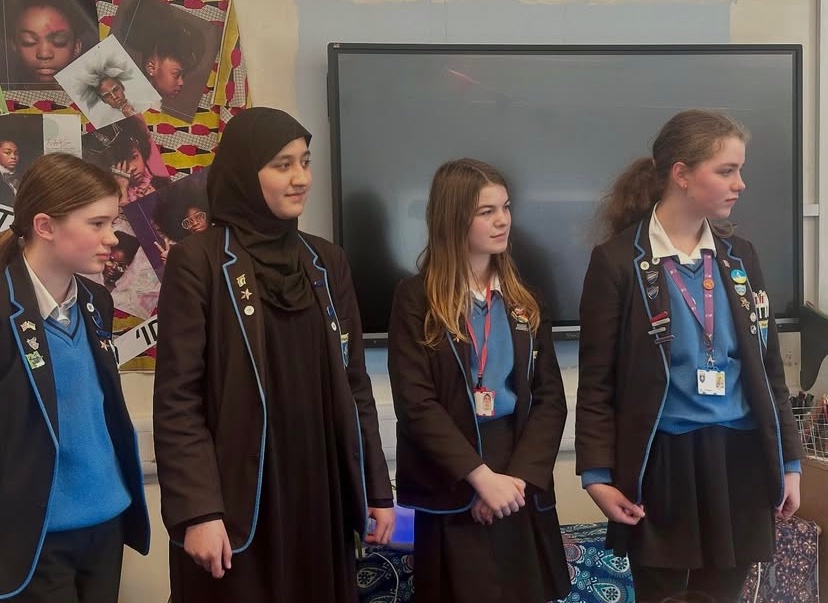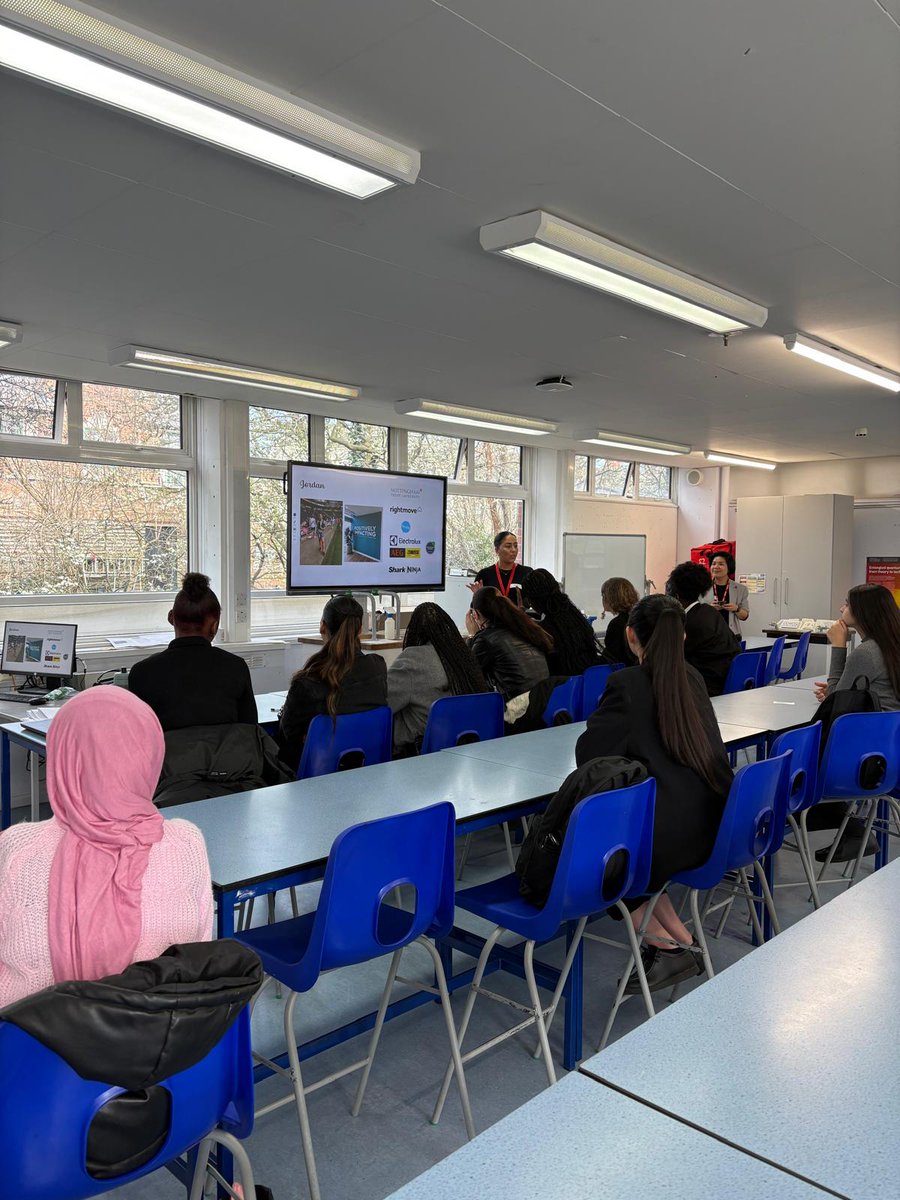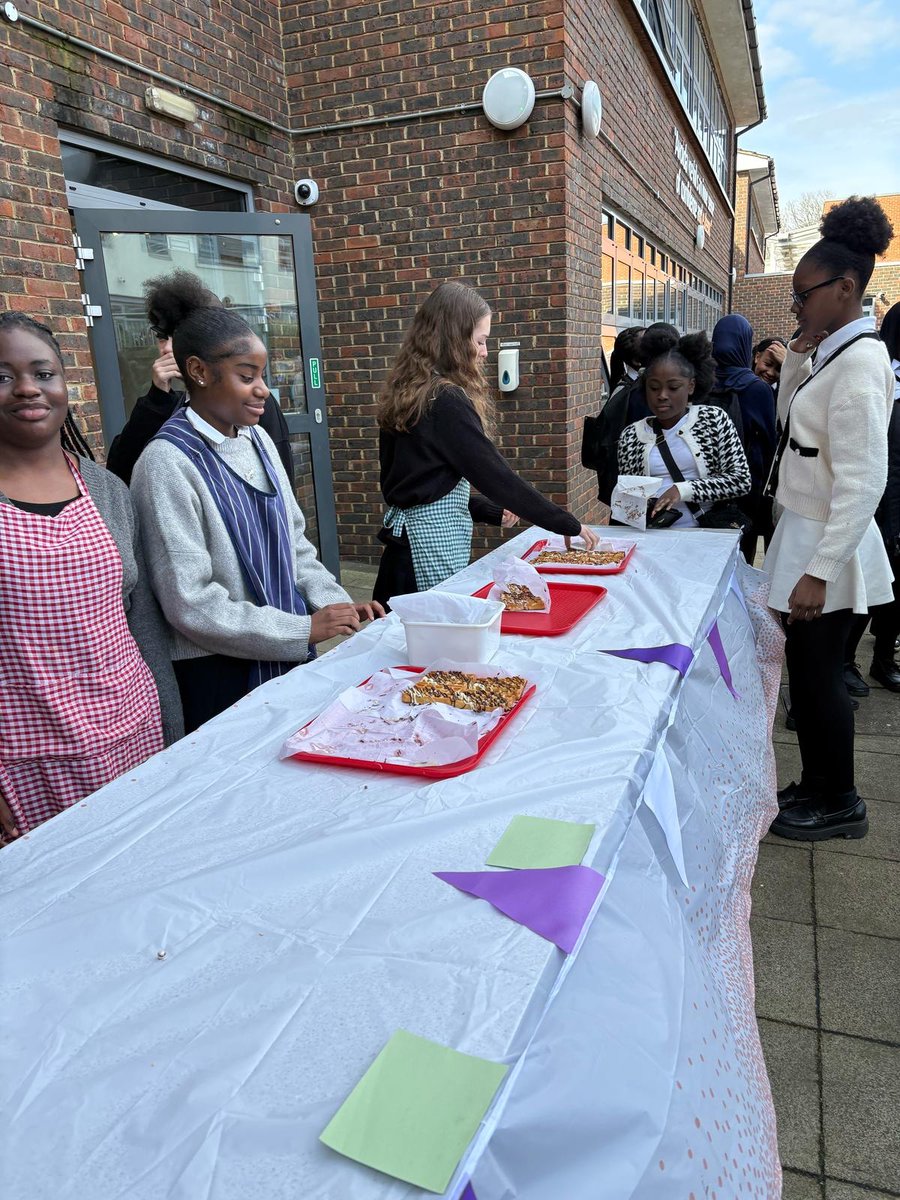History
“Historians are often asked,” writes British historian Penelope Corfield, “… why on earth does it matter what happened long ago? The answer is that History is inescapable.”
She continues: “[I]t connects things through time and encourages its students to take a long view of such connections. All people and peoples are living histories. … It is not just ‘useful’, it is essential.” And why is that? Studying the past is needed for “rooting” people in time.
At HGAED, a vision for History is developing powerful knowledge that enables pupils to locate and understand the present day in the past. All pupils are given the opportunity to study History at Key Stage 3 in order to develop their comprehension of the world around them and other societies and cultures.
While History entails acquisition of knowledge about the past, pupils should also understand that it is a discipline made up of different interpretations: it is a construction of different points of view that can be analysed, explained, and evaluated to reach informed judgments. In this way, pupils can develop critical thinking.
At Key Stage 3, our curriculum offers them the opportunity to discover the changing nature of the country in which we all live through invasion, reform, revolution, protest, and war. We also explore Britain’s impact upon the world through the study of slavery, empire and decolonisation, pertinent to today’s current climate. Insights are also offered into other societies through our exploration of Islamic and African civilisations and black Civil Rights in the USA, ensuring all Key Stage 3 students begin to understand how history has shaped the lives of people beyond Britain.
At Key Stage 4, we follow the EDEXCEL exam board which offers the students the chance to study the development of migration to Britain in Britain from c.800 to the present (an exciting new GCSE unit starting 2021-22), early Elizabethan England between 1558 and 1588, Weimar and Nazi Germany between 1918 and 1939, and Superpower Relations and the Cold War between 1941 and 1991.
We believe the History curriculum enables students to have a good understanding of the world around them, the events that have shaped it, and the understanding of its importance in attempting to prevent the same perils in the future.
We believe History can open the door to a wide variety of careers and not just the obvious ones. The study of History is also very practical and teaches you vital skills that employers value and the world around you requires.
We strongly believe our curriculum offers you the ability to:
- Learn about people, places, events, and developments
- Learn to think conceptually about the past
- Assess evidence and interpretations to make informed decisions
- Communicate your ideas and thoughts in a way that makes sense to others
- Learn about societies and cultures other than your own
We therefore invite you to develop a framework of History that helps to root you in the past, understand the present day, and use it to shape a better future.
The curriculum overview for each year group can be downloaded below.
























